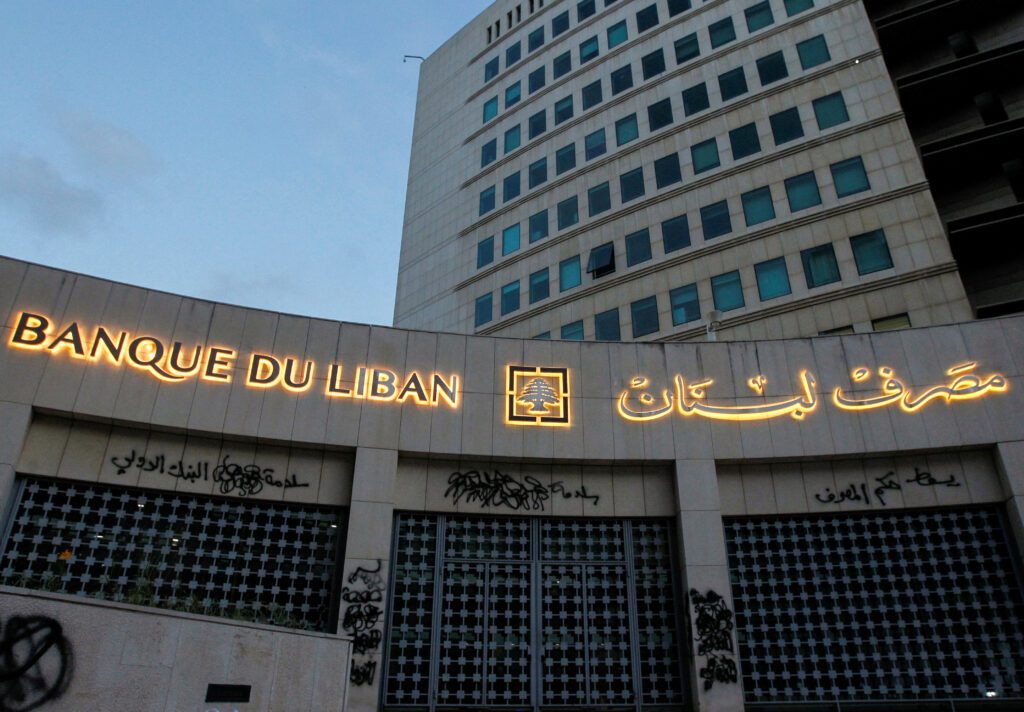Last week, Prime Minister Najib Mikati warned that by the end of the month, there will be an inability to adequately provide medicines and salaries. Accordingly, eyes are on the new acting Central Bank Governor, Wassim Mansouri, to see the direction he takes in terms of Central Bank and monetary policy.
Too Soon to Judge
Mansouri has insisted so far on not lending the state any US Dollar, thus temporarily limiting the drainage of foreign currency reserves, until a law gets passed by the Lebanese Parliament which ought to give him the necessary legislative cover.
This caused a conundrum between the Speaker of Parliament Nabih Berri and Prime Minister Mikati, with the issue currently stuck at an impasse.
While some consider Mansouri as a smart technocrat, others see him as Berri’s righthand man. Others argue he represents a continuation of Salameh’s path or, on the contrary, someone who can be worked with towards economic recovery.
So far, the only major development he was responsible for was refusing to touch the remaining dollar reserves in what can be argued as a populist first step in his governorship.
Talks have been ongoing around a plan to establish an alternative platform to Sayrafa, and Mansouri is yet to explain the details of the platform and how the state can perform transactions through it.
The app is estimated to play a role in adequately financing the state with foreign currency. Additionally, the Central Bank is yet to announce its plans for a healthy monetary policy and for maintaining the stability of the exchange rate.
“What is relevant is reaching a unified exchange rate policy,” explained economist Ali Noureddine. “This alternative platform to Sayrafa can provide the necessary mechanism to carry out an alternative monetary direction”.
Just before ex-Central Bank Governor Riad Salame’s mandate came to a closure, however, a look into his ten days of governorship reveals worrying activities.
Noureddine explains that the size of foreign currency reserves shrank by around 608 million dollars during Salame’s last 10 days as governor.
Noureddine estimates that the Bank injected record amounts of dollars into the parallel market which can explain why there haven’t been any fluctuations in the Lebanese Pound’s exchange rate during the days after Salame’s mandate.
Governmental Budget
On his part, Lebanon’s Finance Minister, Youssef Khalil, announced the near completion of the country’s 2023 governmental budget, highlighting tax measures that include tax compliance reinforcement which also covers the informal economy and restrictions of tax evasion, but which exclude any additional taxes on the “average citizen”.
While Khalil claims that the budget’s ratification would boost financial recovery, the path that the current Lebanese ruling class has undertaken for the last few years indicates otherwise, with little to no change in the country’s governance dynamics.
“By the time they finish the budget and send it to parliament, which is not even meeting in the first place to perform legislative work, three quarters of the year would already be gone,” said Noureddine.
“Secondly, how are we talking about lending the state and the crisis of financing the state’s operations if we don’t have the public budget which is supposed to include a plan on expenses and revenues?” he added.
“[The budget is] late and came after the discussion for which it is supposed to form the basis”.
Economic Recovery
Indicators based on which the governmental budget and the performance of the new acting Governor of the Central Bank can be analyzed include the setting of an adequate recovery plan that includes transitional pathways towards sustainable and inclusive monetary and overall policy direction.
What this translates to are choices between the restriction or the streamlining of patronage politico-financial networks through banking sector schemes, allowing social protection schemes and governmental policymaking to target and reach the country’s poorest households or allowing elite capture of social policies, and boosting productive capabilities and enhancing the capabilities of educational, agricultural and industrial institutions or going the old road of relying on a system highly centralized around rentier economic logics.
Economic Recovery for Some, Entrapment for Others
The developments at Central Bank and economic levels come at the background of increased security issues and fighting in Palestinian refugee camp Ein el-Hilweh which have so far left an estimated 12 dead and dozens wounded, as hospitals had to be evacuated.
Saudi and Bahrain governmental apparatuses issued calls for their citizens to avoid areas of armed conflict and/or leave the country.
Reactions to the fighting varied widely, with a number of politicians and members of parliament calling for the restriction of arms in the hands of the Lebanese Army, while others called for a general de-escalation. Few, however, have highlighted the dismal state of affairs within the camps and have called for an amelioration of socioeconomic conditions that keep them trapped and hostages to armed escalations.
Accordingly, when analyzing concepts such as economic recovery and inclusive decision-making, a look at excluded groups and communities is central.
